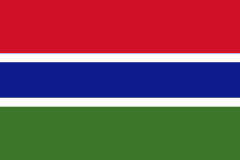
Visa and entry requirements Gambia:
Passport required
A visa is issued upon entry and is valid for 21 to 28 days.
Visa costs: 40/50 euros
Information from the Foreign Office about your trip to Gambia:
https://www.auswaertiges-amt.de/de/gambiasicherheit/213624
The Republic of Gambia is a country in West Africa with around two million, mainly Muslim, inhabitants. The country is almost completely surrounded by Senegal, with the only exception being an 80 kilometer long coastline at the mouth of the Gambia River in the Atlantic Ocean. The official language of Gambia is English and the official national currency is the Gambian Dalasi, where 1 euro is equivalent to around 58 GMD.
The Gambia is located on the west coast of the African continent and is its smallest country. The country has a continuous tropical climate with rainy and dry seasons. Approximately 46% of the country's area is covered with forest and another 32% with a so-called bush savannah. At the beginning of the 20th century, many large game species such as elephants, giraffes and lions were completely wiped out by poachers and colonial rulers. Bushbucks, baboons, vervet monkeys, chimpanzees, crocodiles, monkeys, Nile monitors and hippos still live there. Numerous dolphins can be observed in the mouth of the Gambia river into the Atlantic.
The country's largest cities include Serekunda, Bakau, Lamin, Brikama, Nema Kunku, Brufut, Sukuta, Banjul and Gunjur.
Gambia has no natural resources, so the country's main income is limited to agriculture, fishing and tourism. This also makes the state one of the poorest countries in the world. Around 75% of the working population works in agriculture, with the Gambia River being the most important lifeline. The Gambia's most important export product is the peanut; its by-products bring in almost 80% of export revenue. Millet, cassava, corn, sorghum and rice are also grown, and small quantities of cotton and palm kernel oil are exported.
Tourism is the Gambia's second strongest economic sector after agriculture; beach tourists and conservationists are mainly attracted to the country. The country is also known for sex tourism for women, with these services often being accepted by women traveling alone.
The capital of Gambia is Banjul with around 33,000 inhabitants. Since the city is located on an island on the coast of the Atlantic Ocean, expansion of the urban area is practically impossible. Banjul is only the eighth largest city in the country, while by far the largest city is Serrekunda with almost 460,000 inhabitants. The most important sights in Banjul include the King Fahad Mosque, the National Museum, the 35 meter high “Arch 22” - a triumphal arch as Banjul's landmark, Independence Drive, the King George Memorial Fountain, the Banjul seaport, the Albert Market, the Bijilo Forest Park, the River Gambia National Park, the Abuko Nature Reserve, the Roman Catholic Cathedral, the West Kiang National Park and the Baitus Salam Mosque.
In July 2016 I traveled to Gambia as part of my West Africa tour. As a tenth stop, I came from Senegal by plane for two days and stayed in a beach resort in the tourist metropolitan area in Kombo-St. Mary. The people in Gambia are very lovely and you can move around freely everywhere. The streets are very well developed, everything is very clean and there is no typical African hustle and bustle. I didn't find the beach comparable to the top beaches in the world, but for a stay of up to two weeks I can definitely recommend Gambia to every Africa lover.

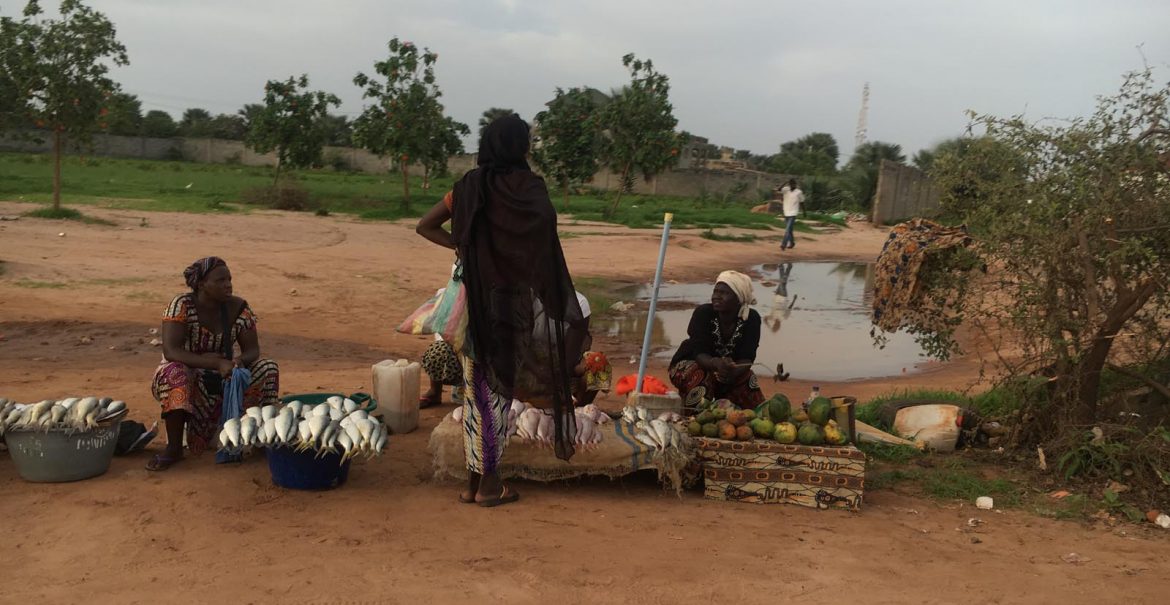
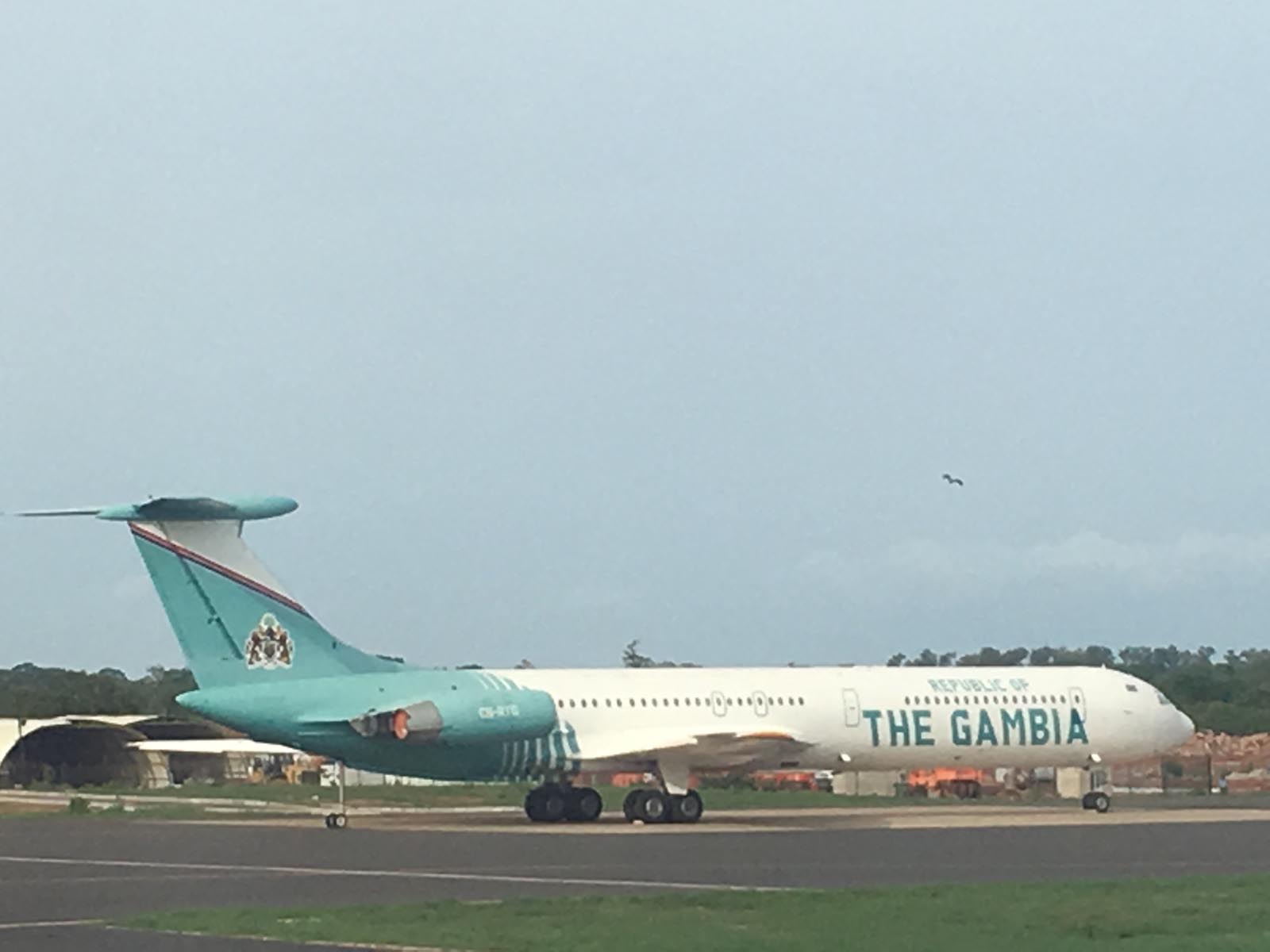
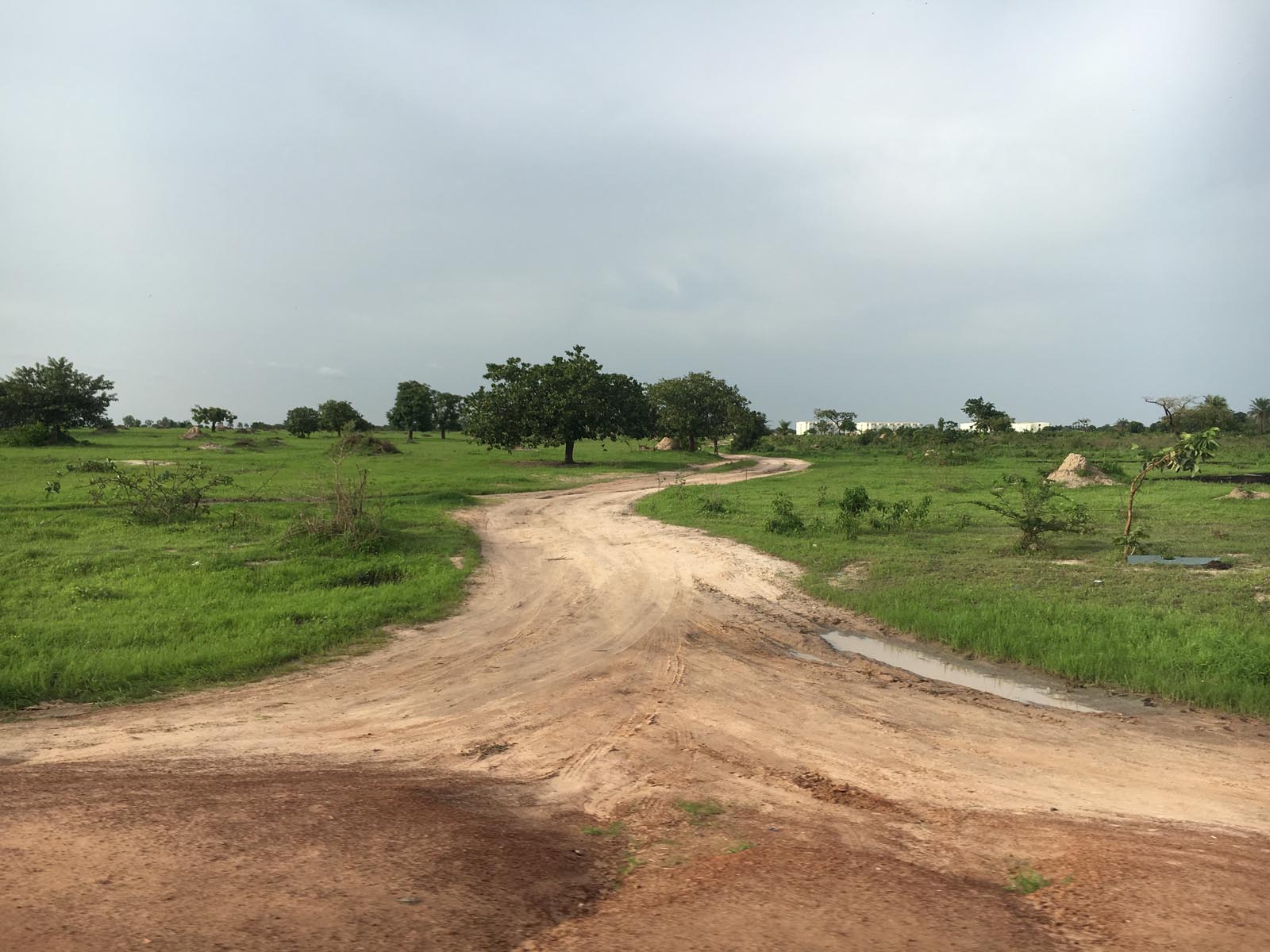
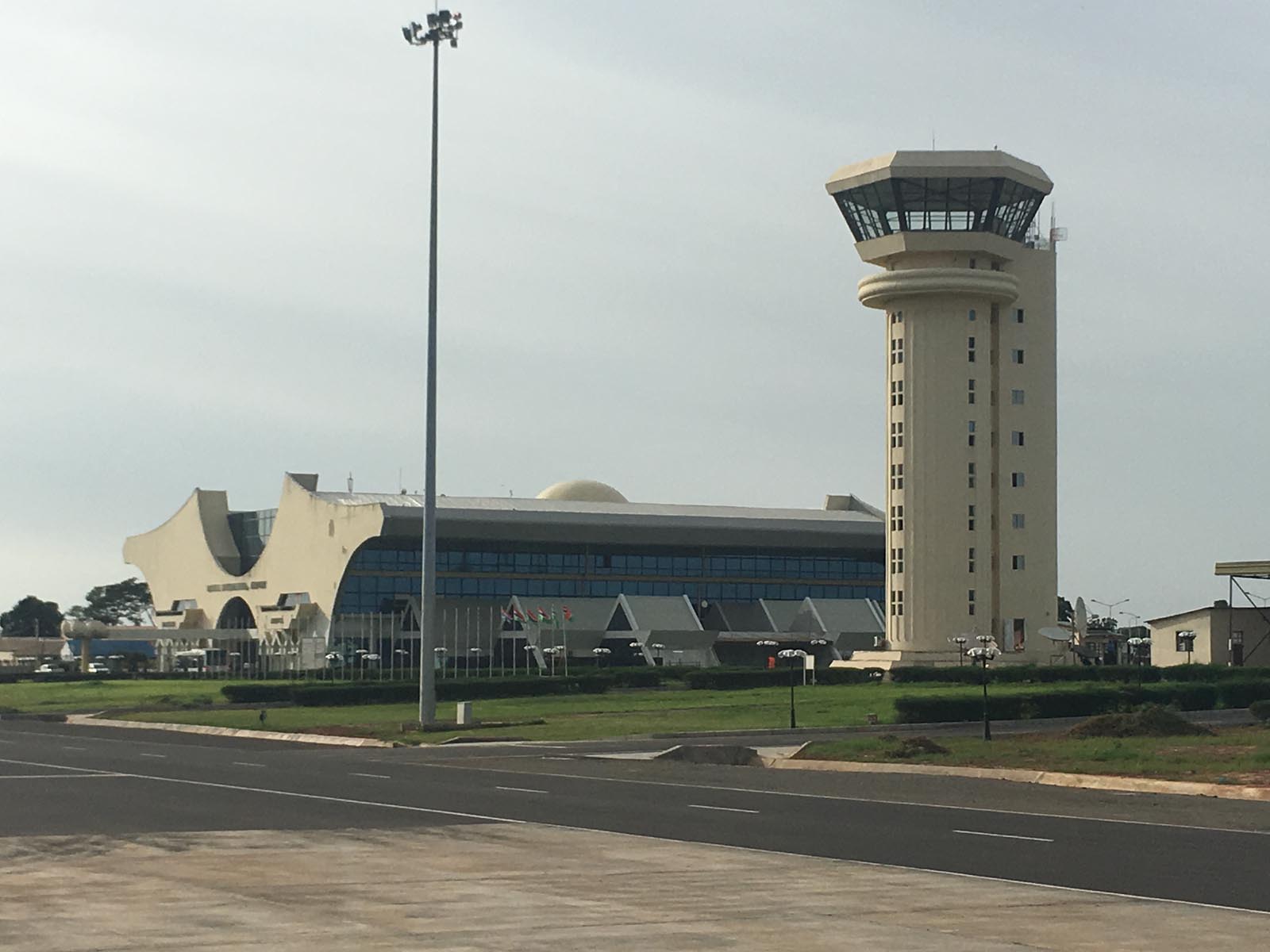
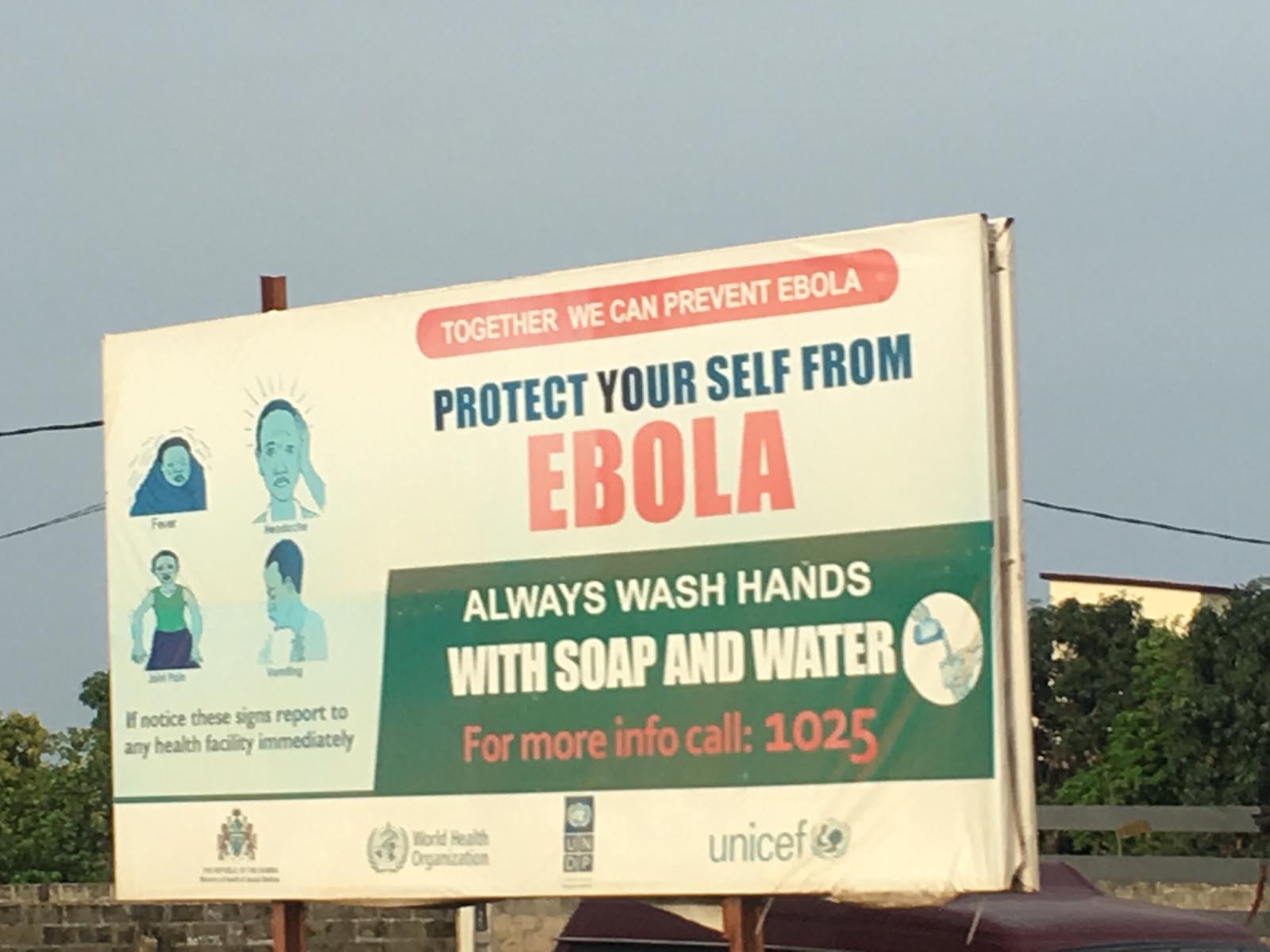
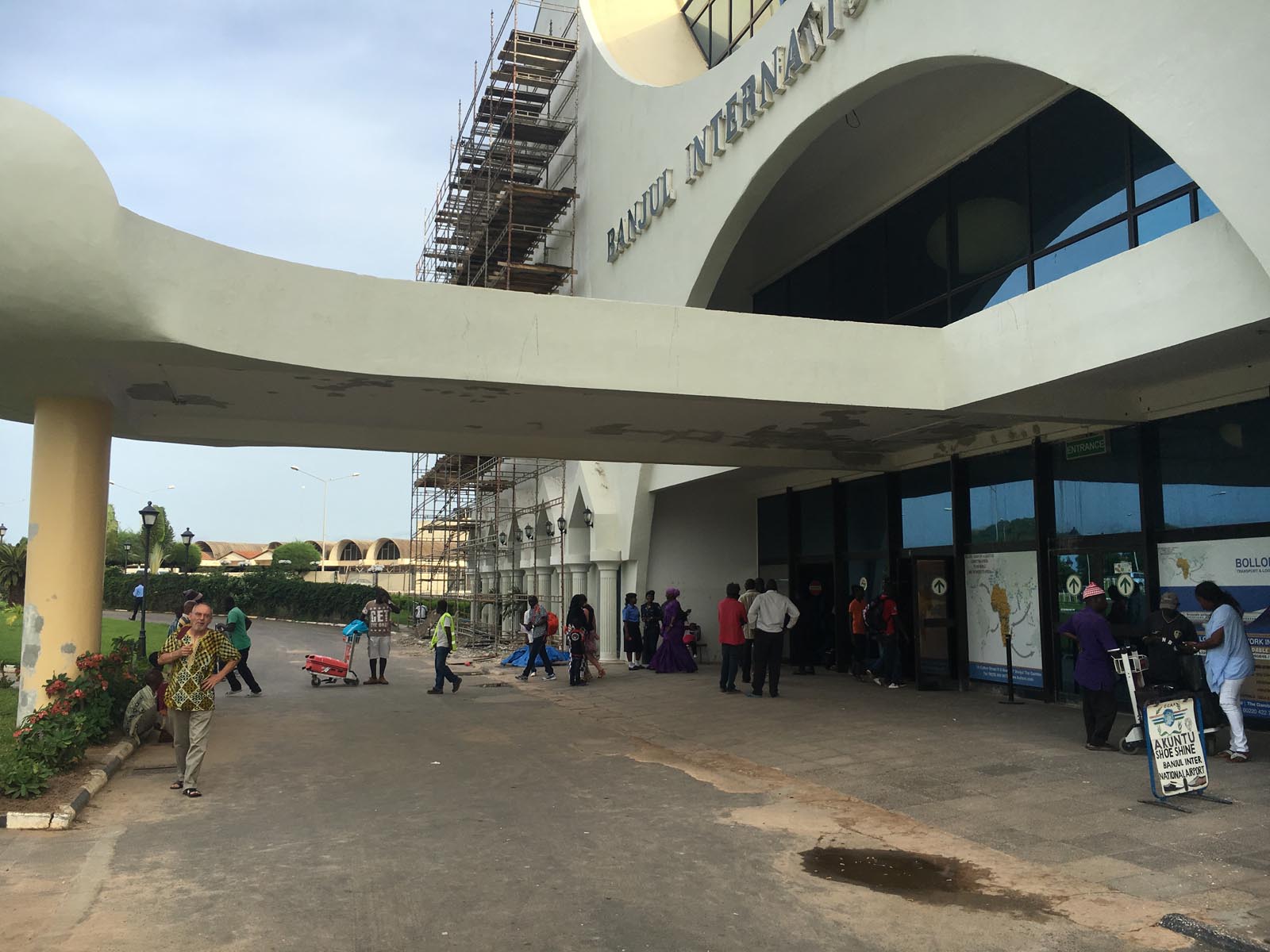
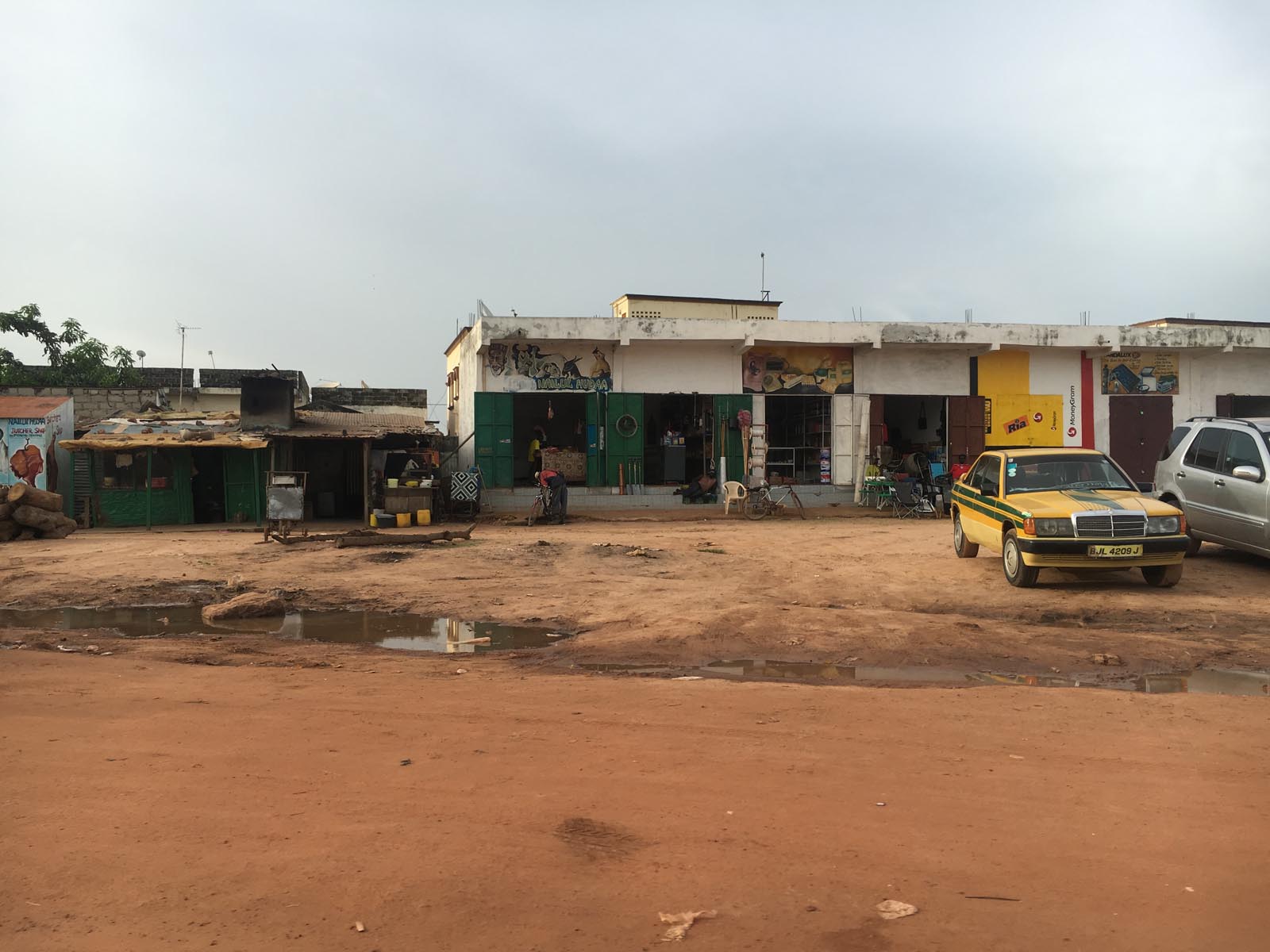

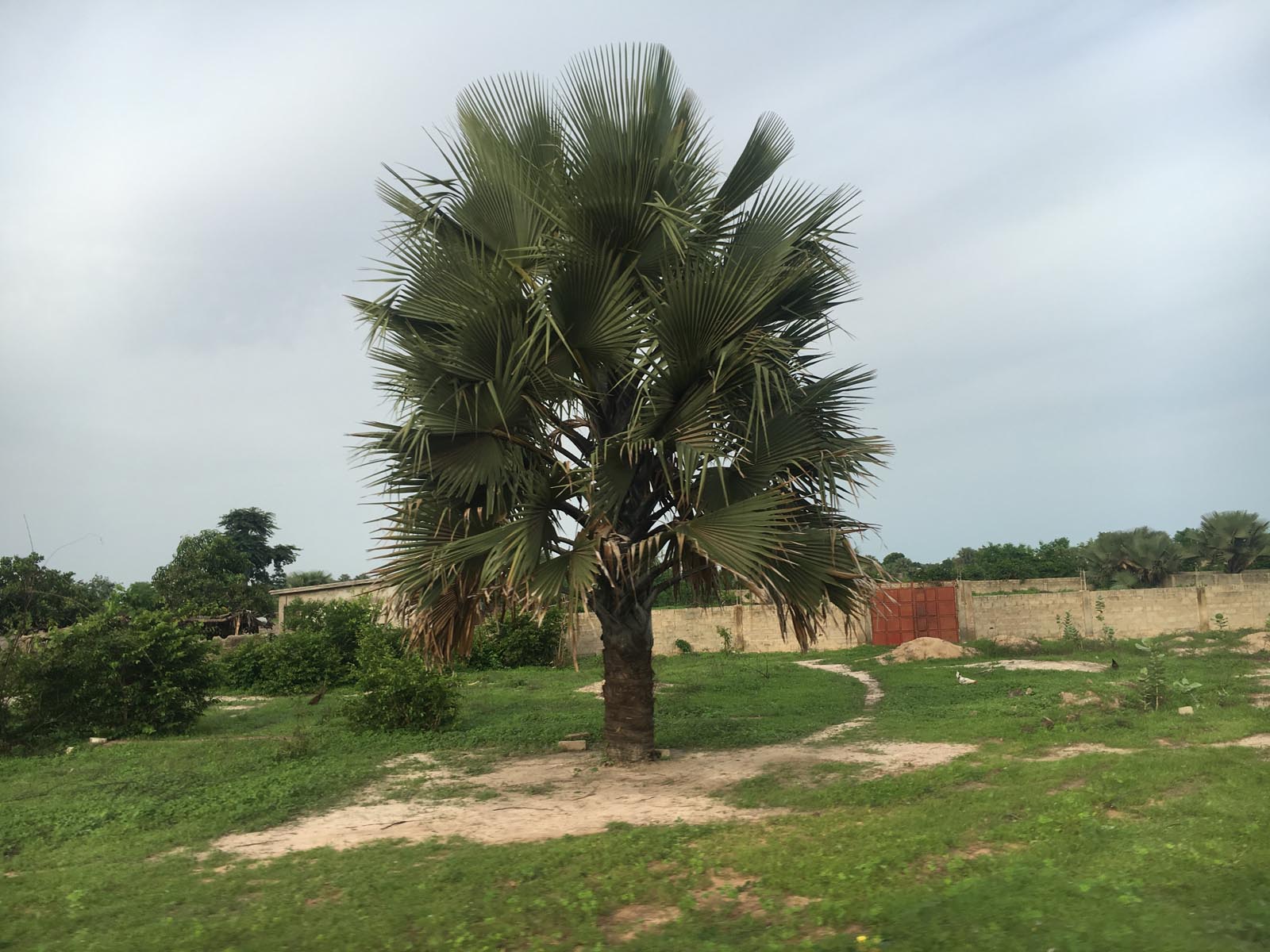
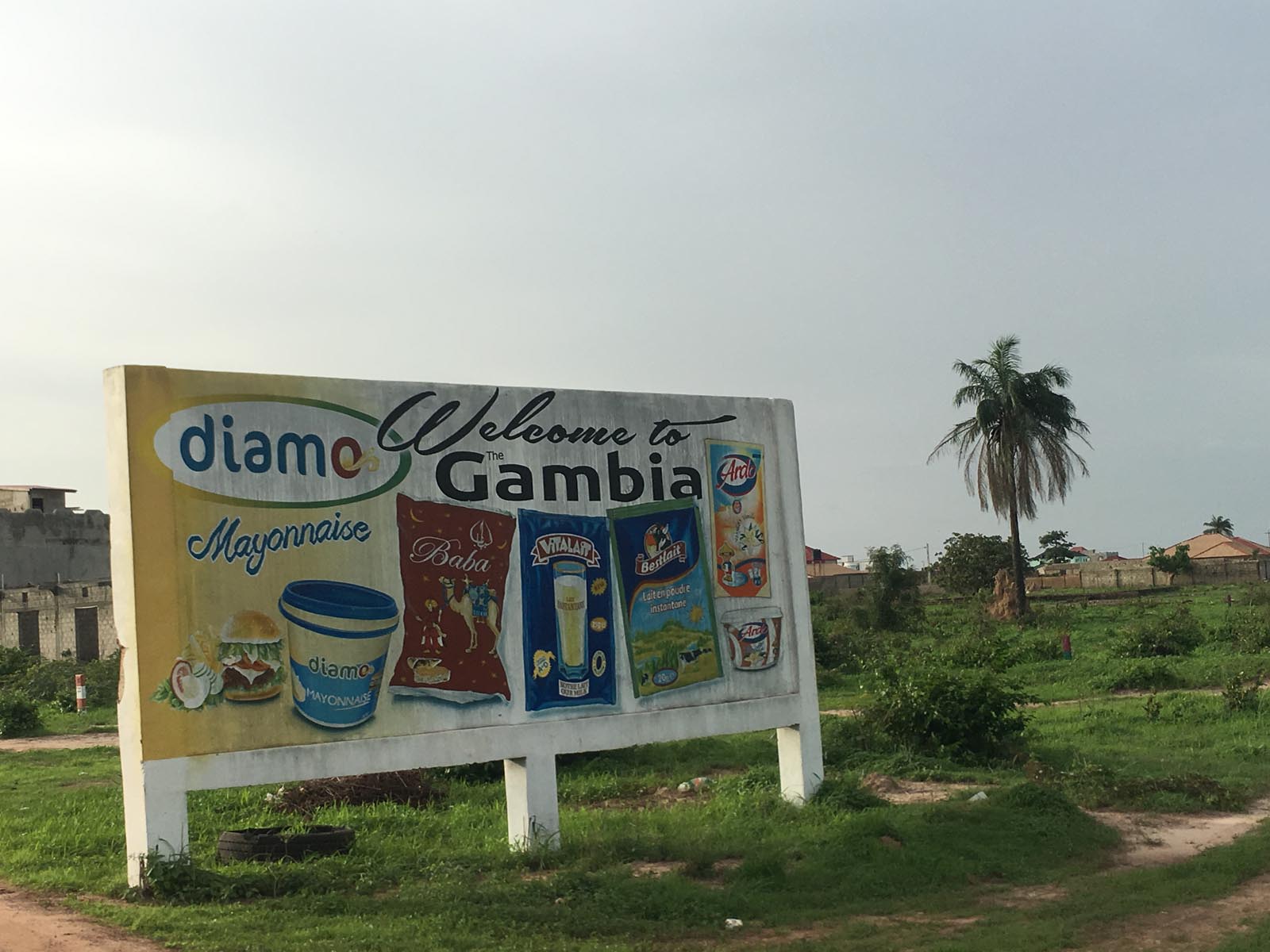
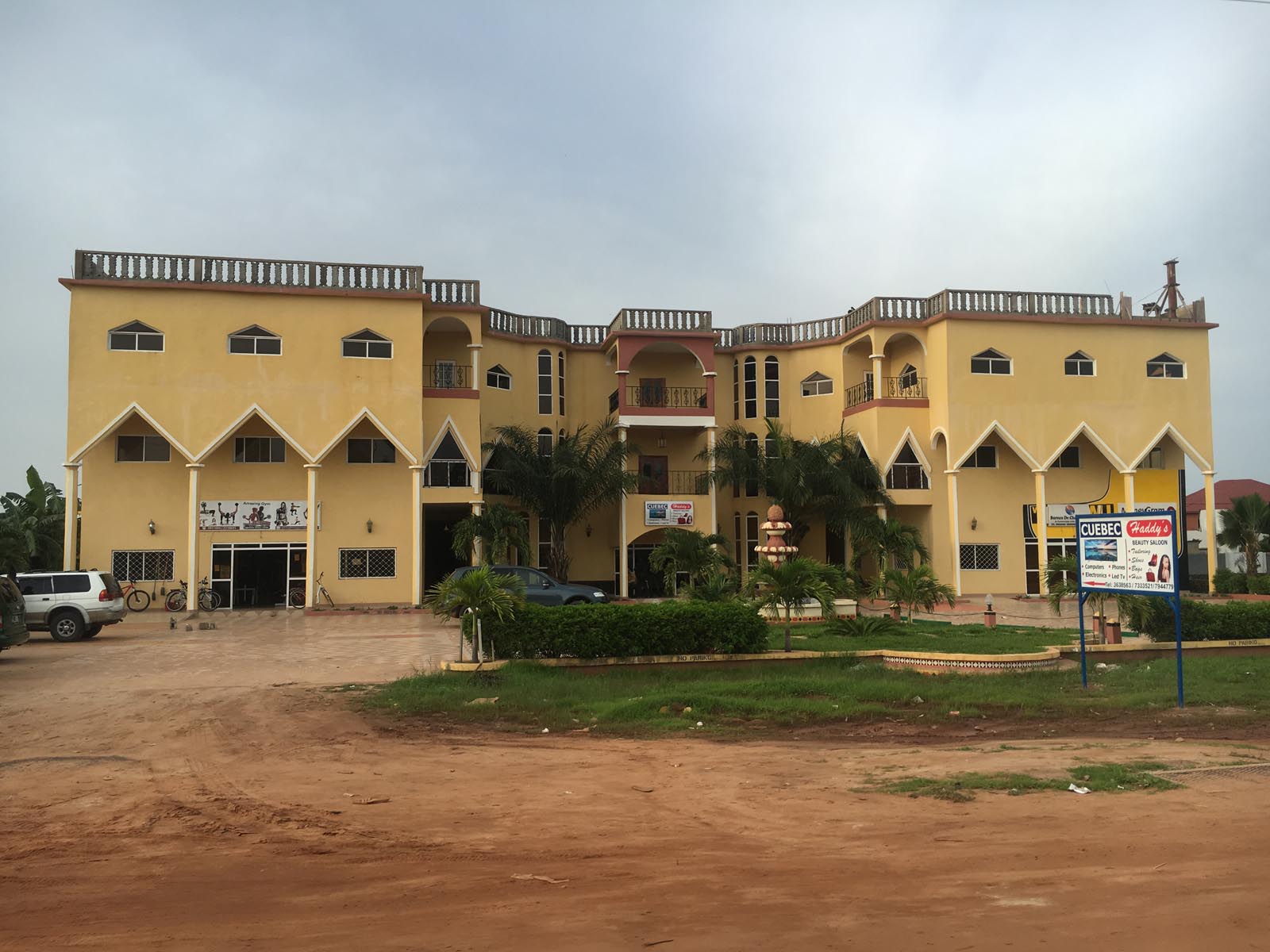
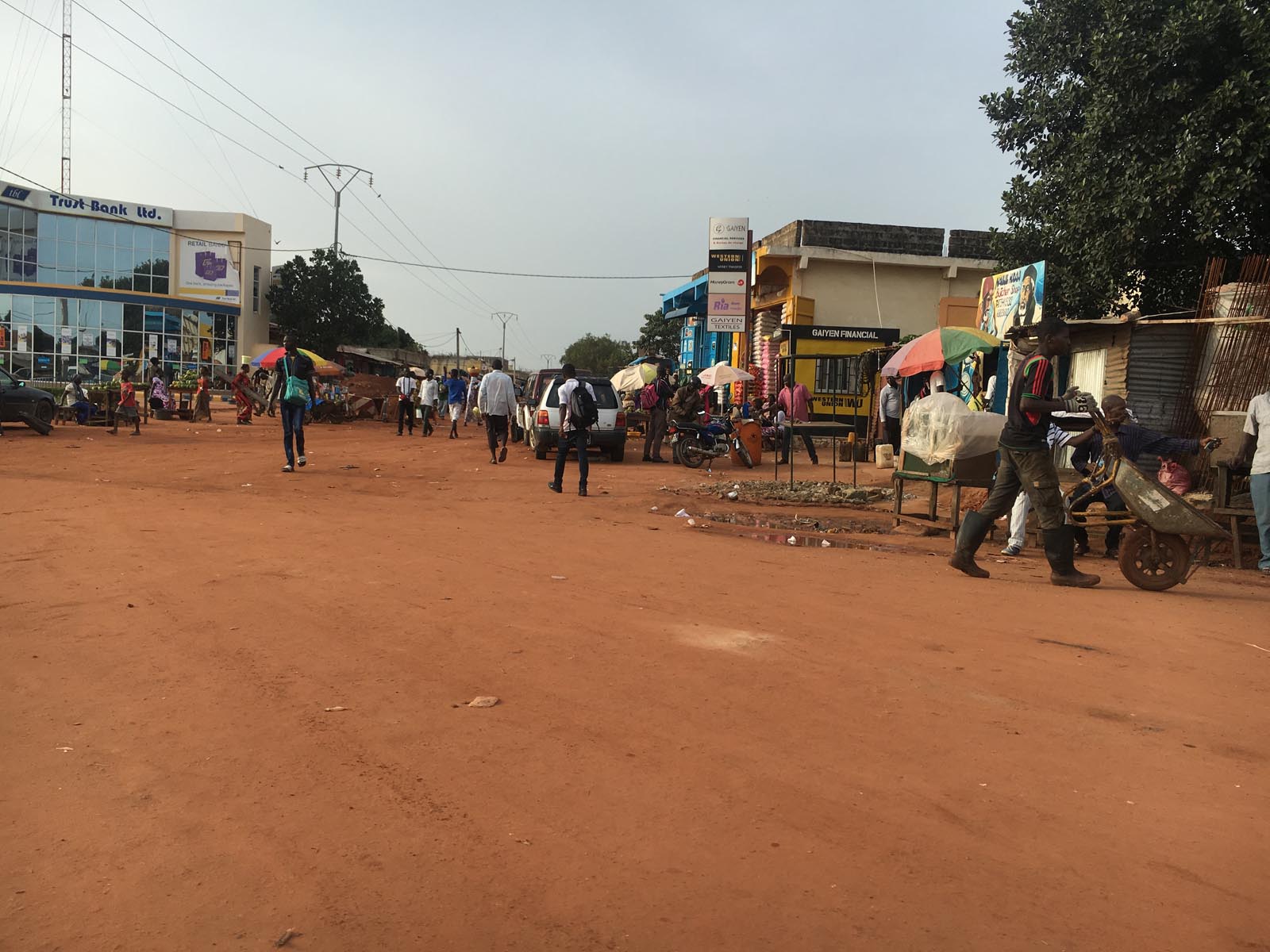
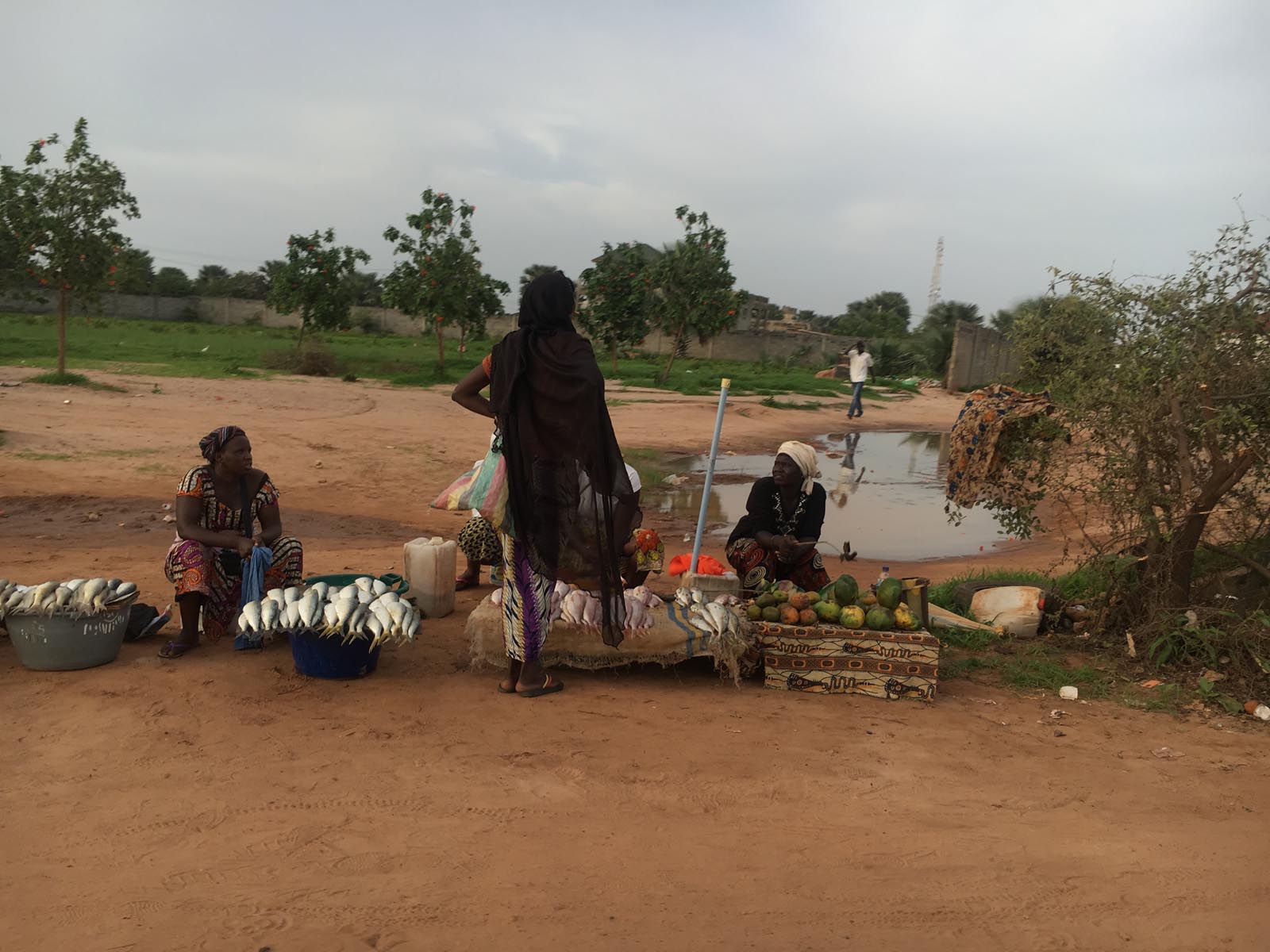
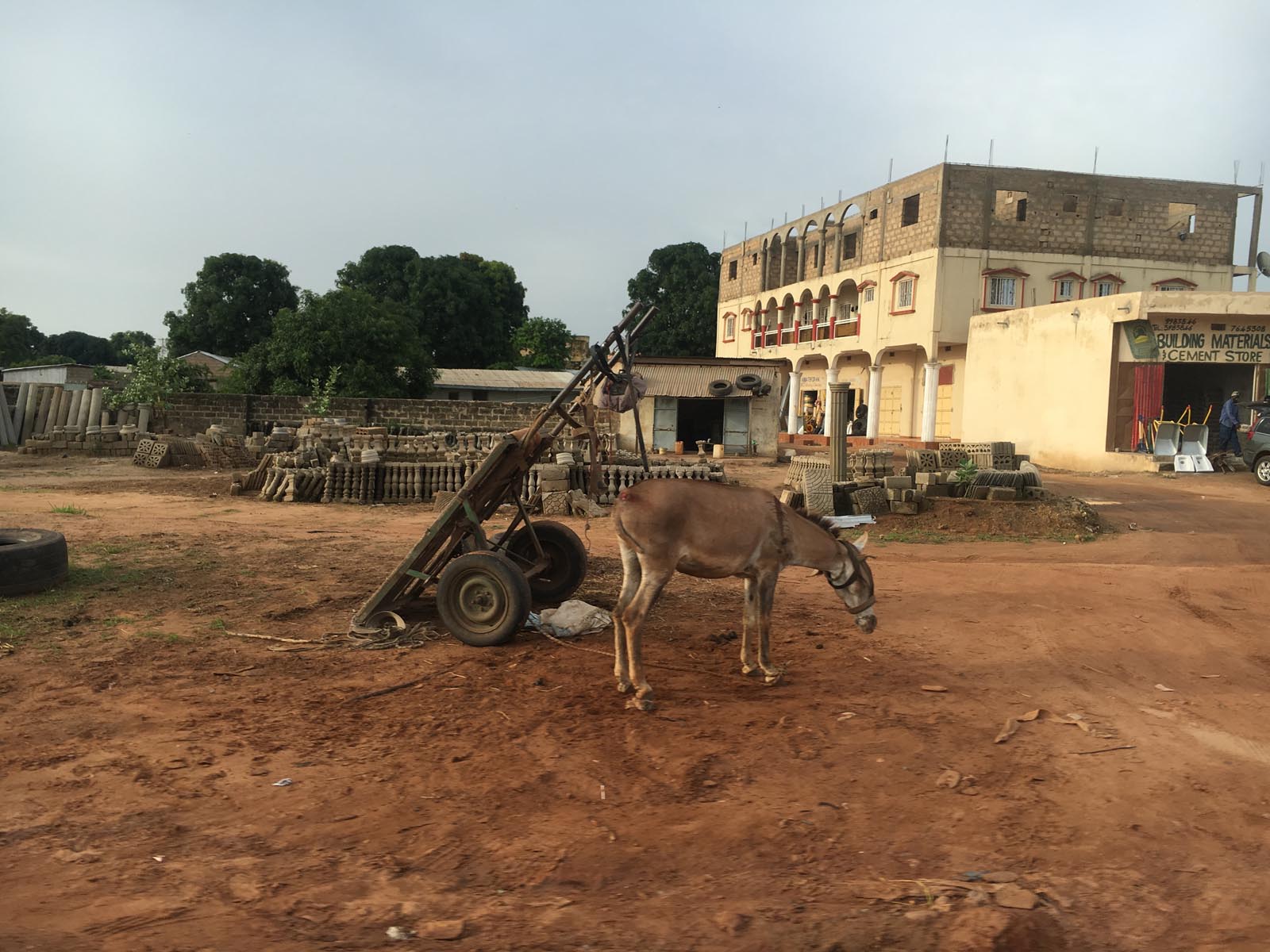
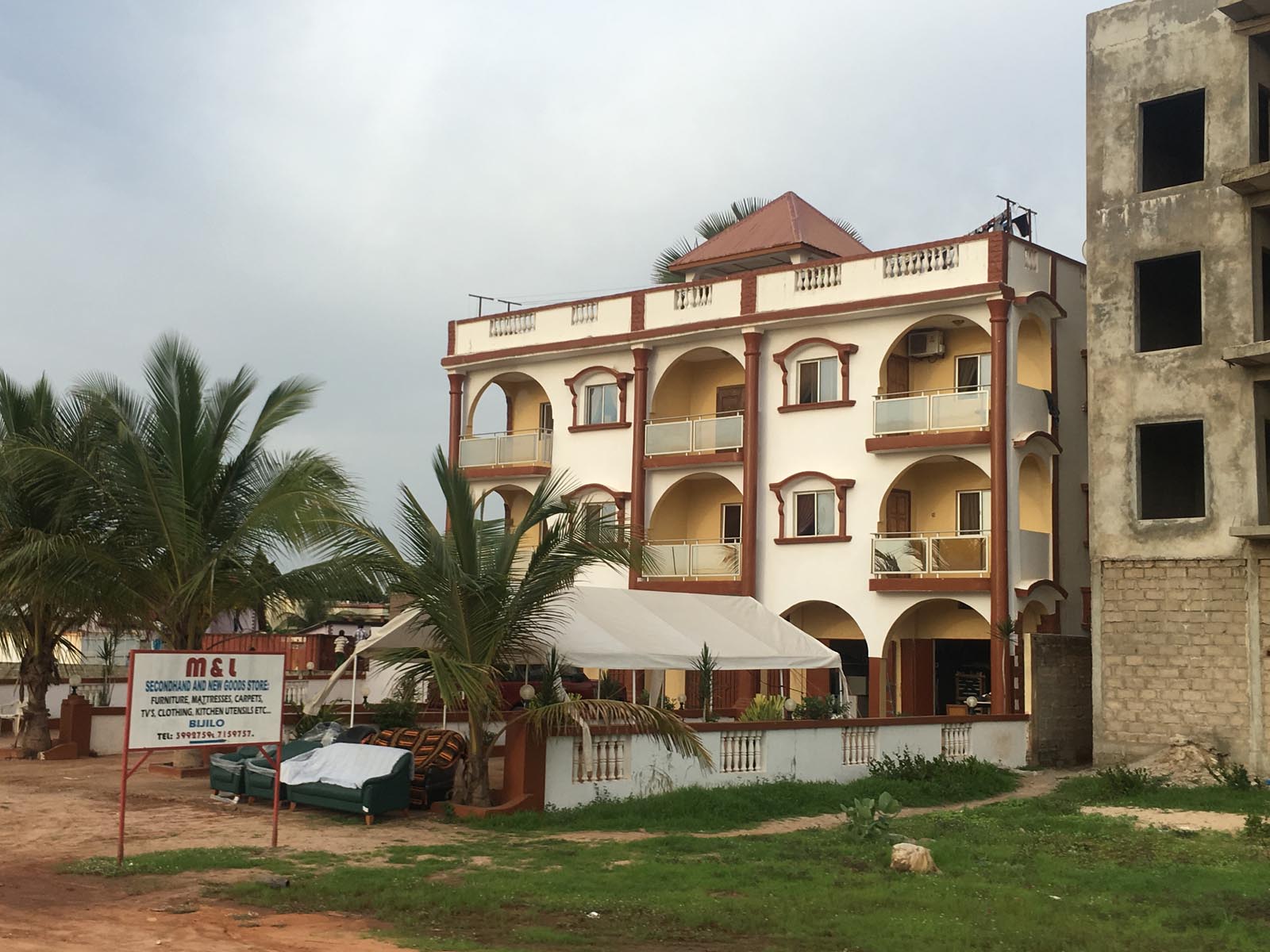
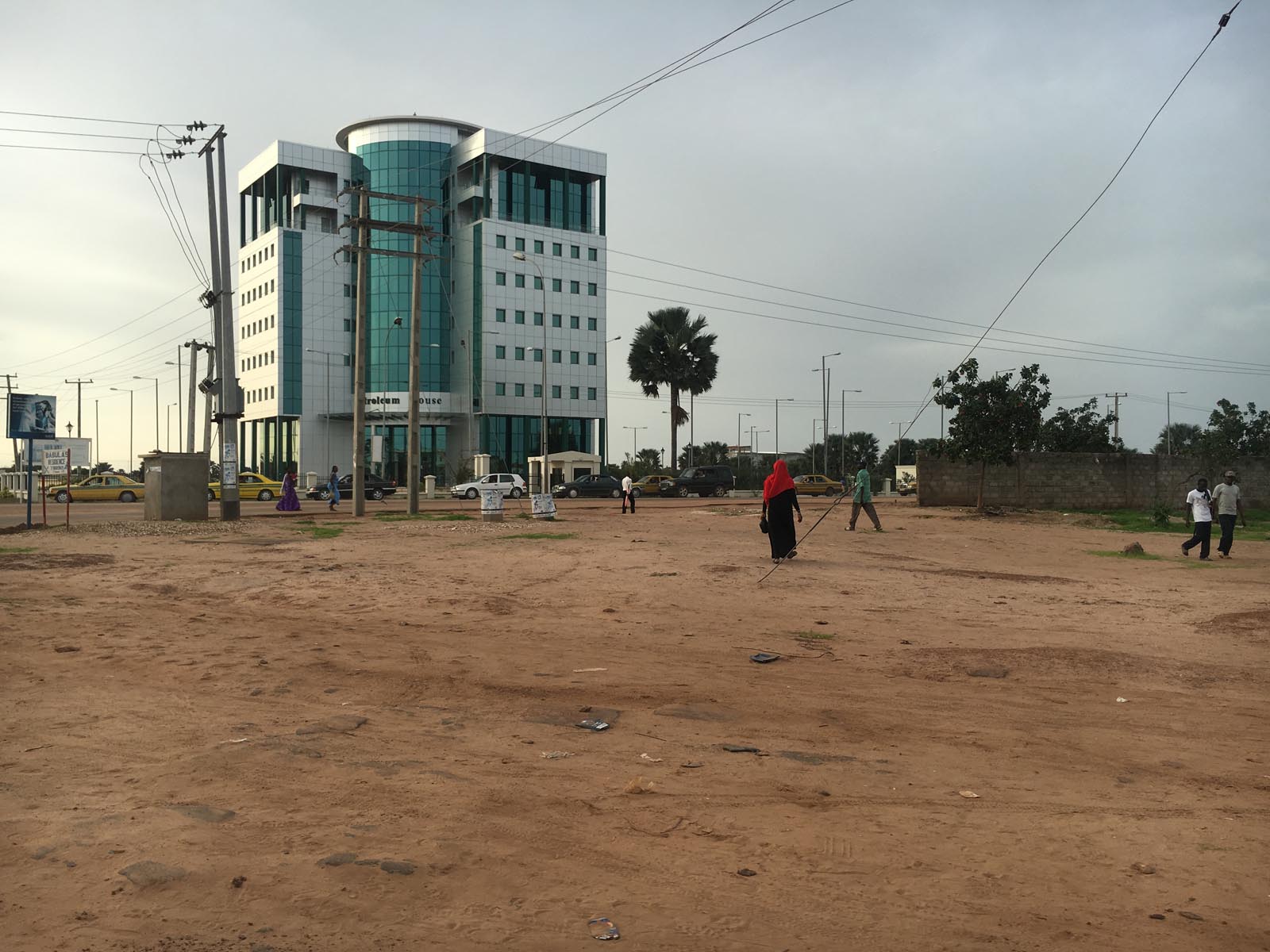
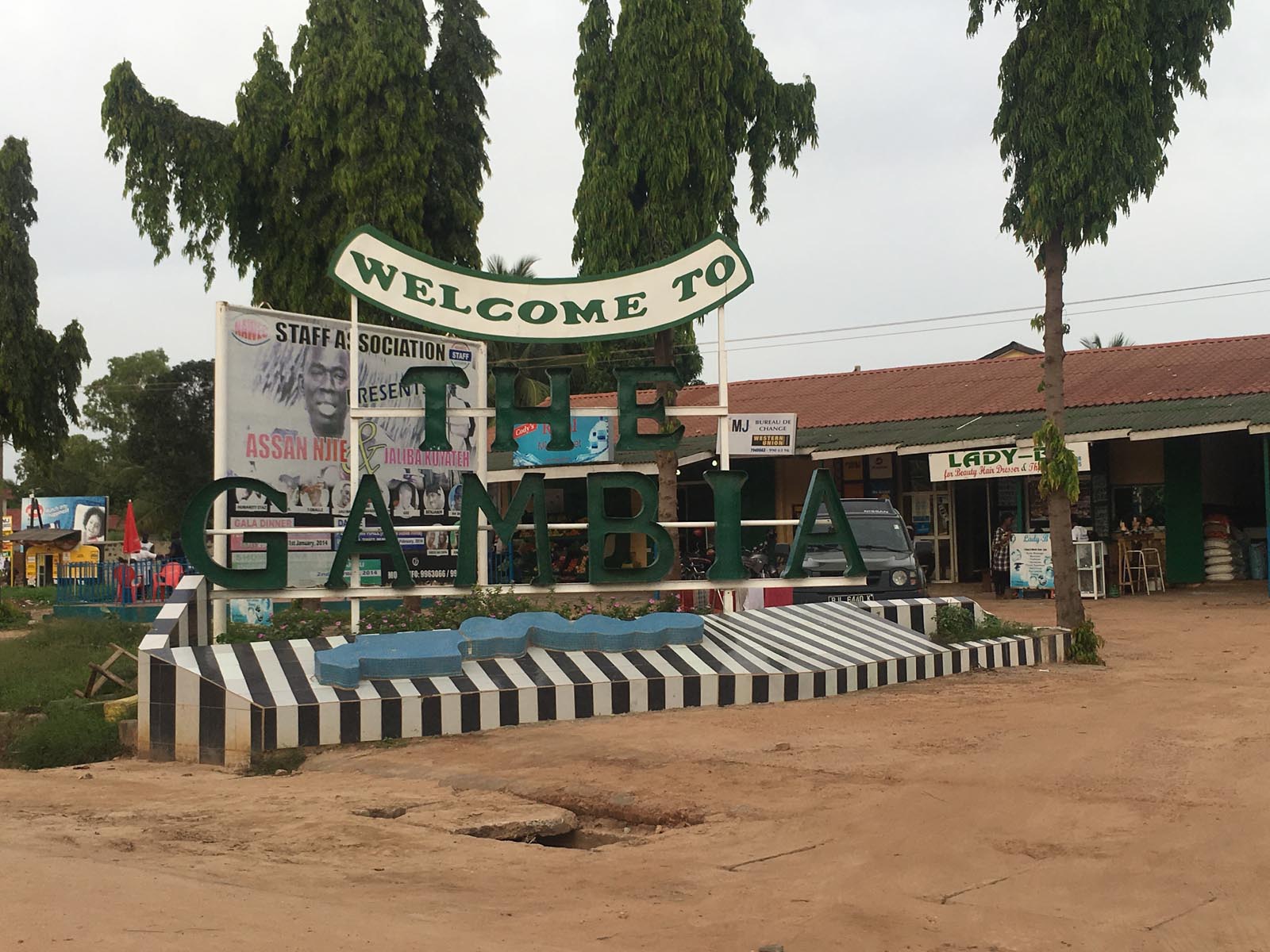
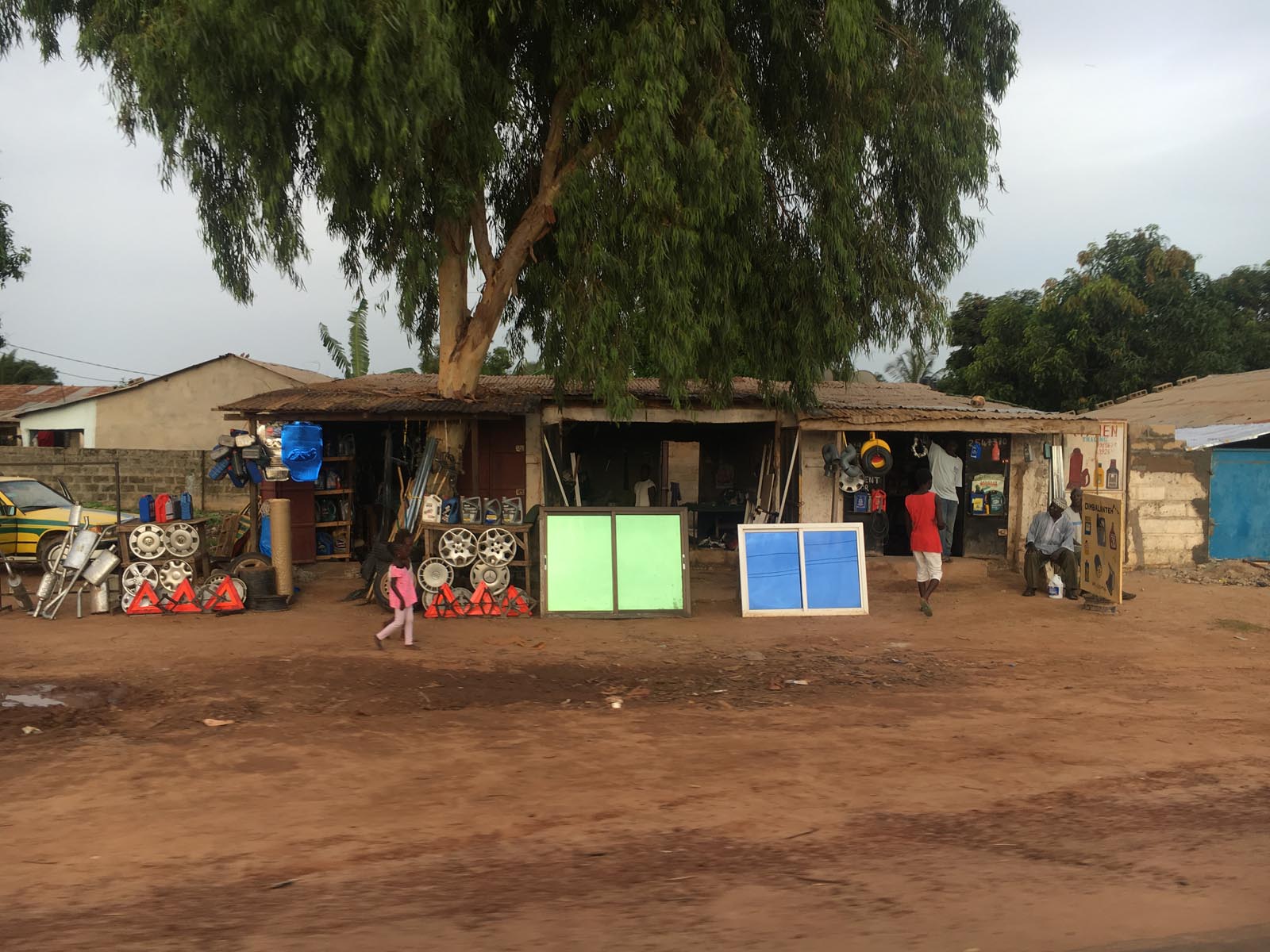
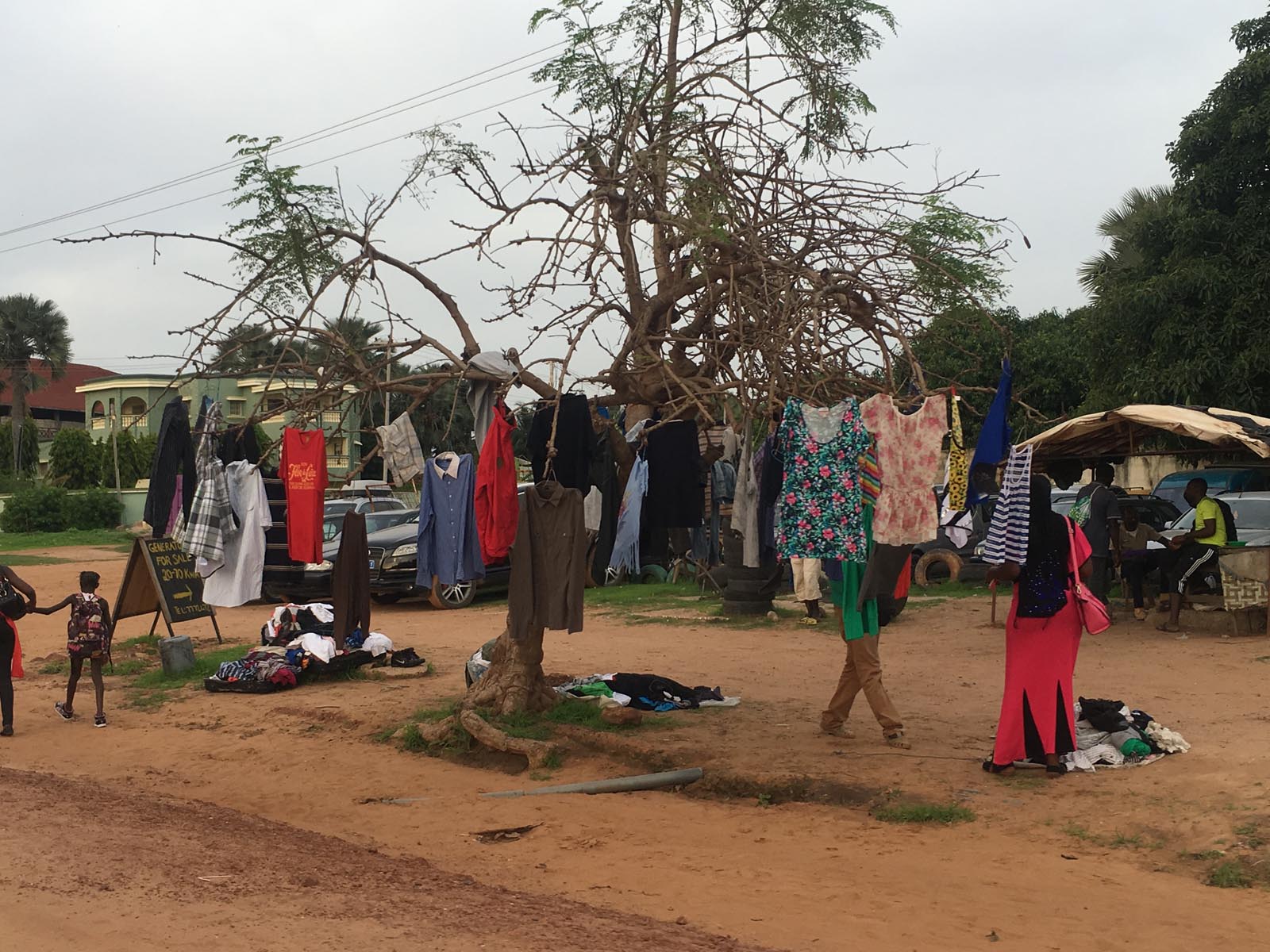
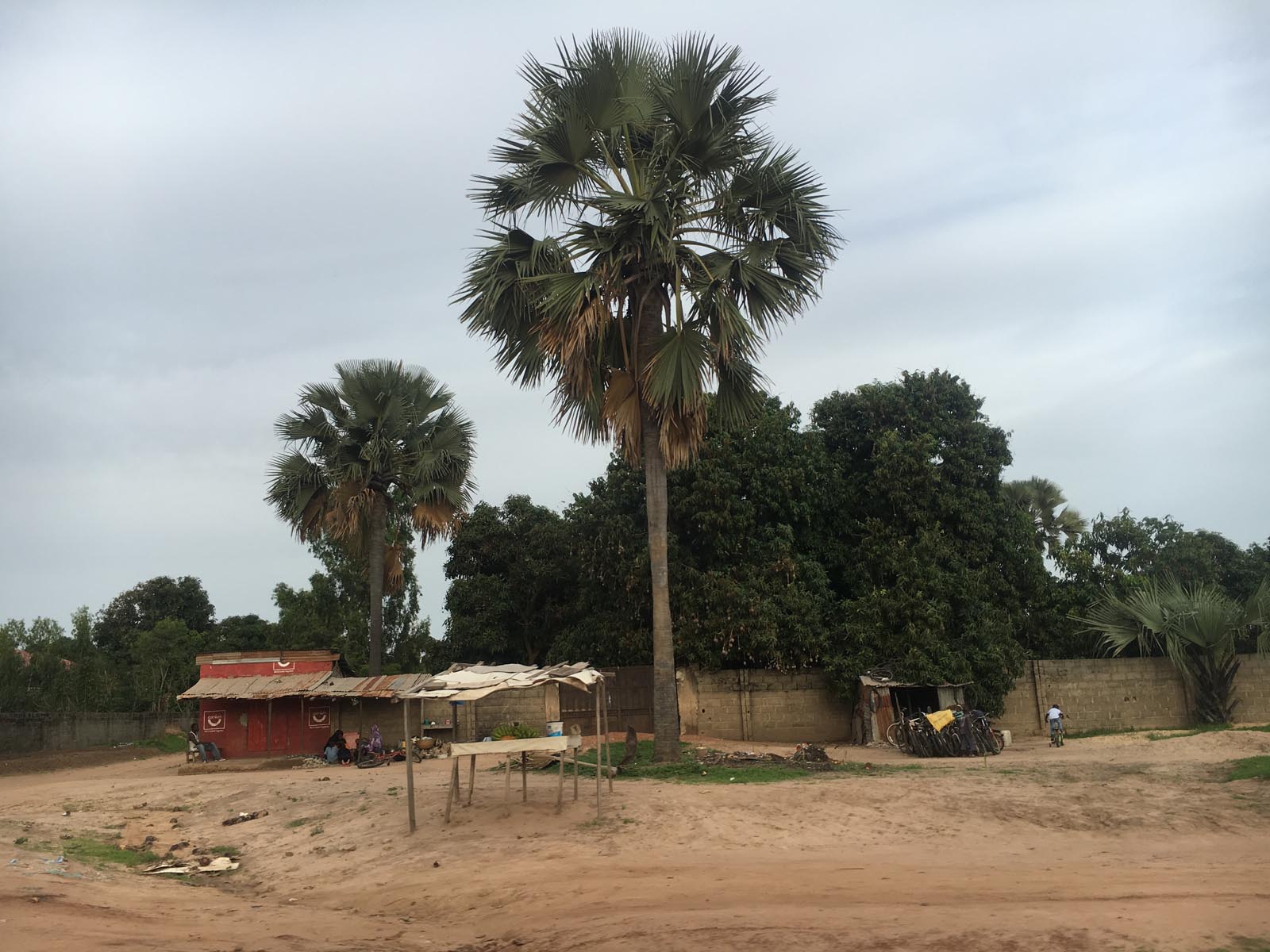
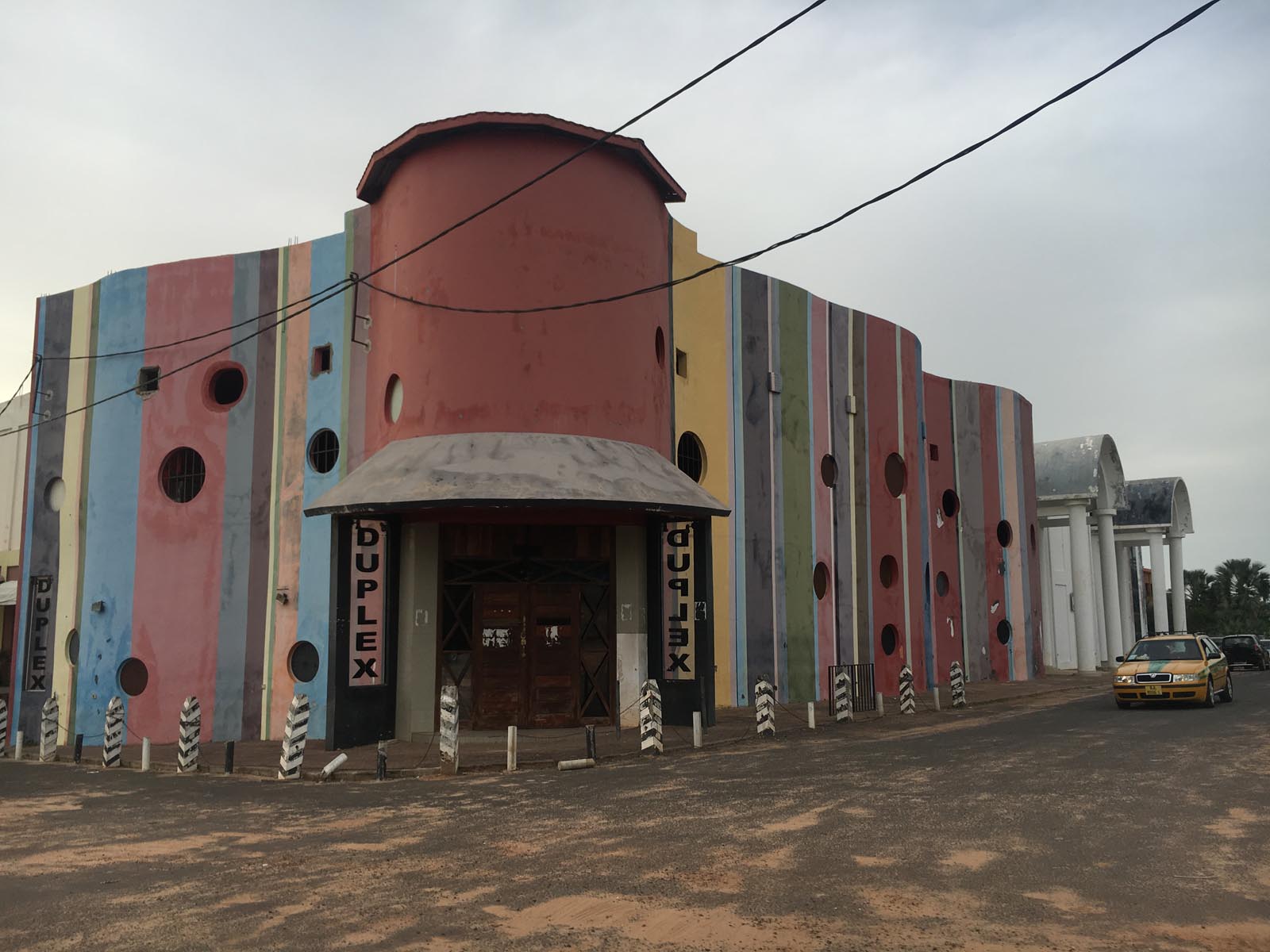
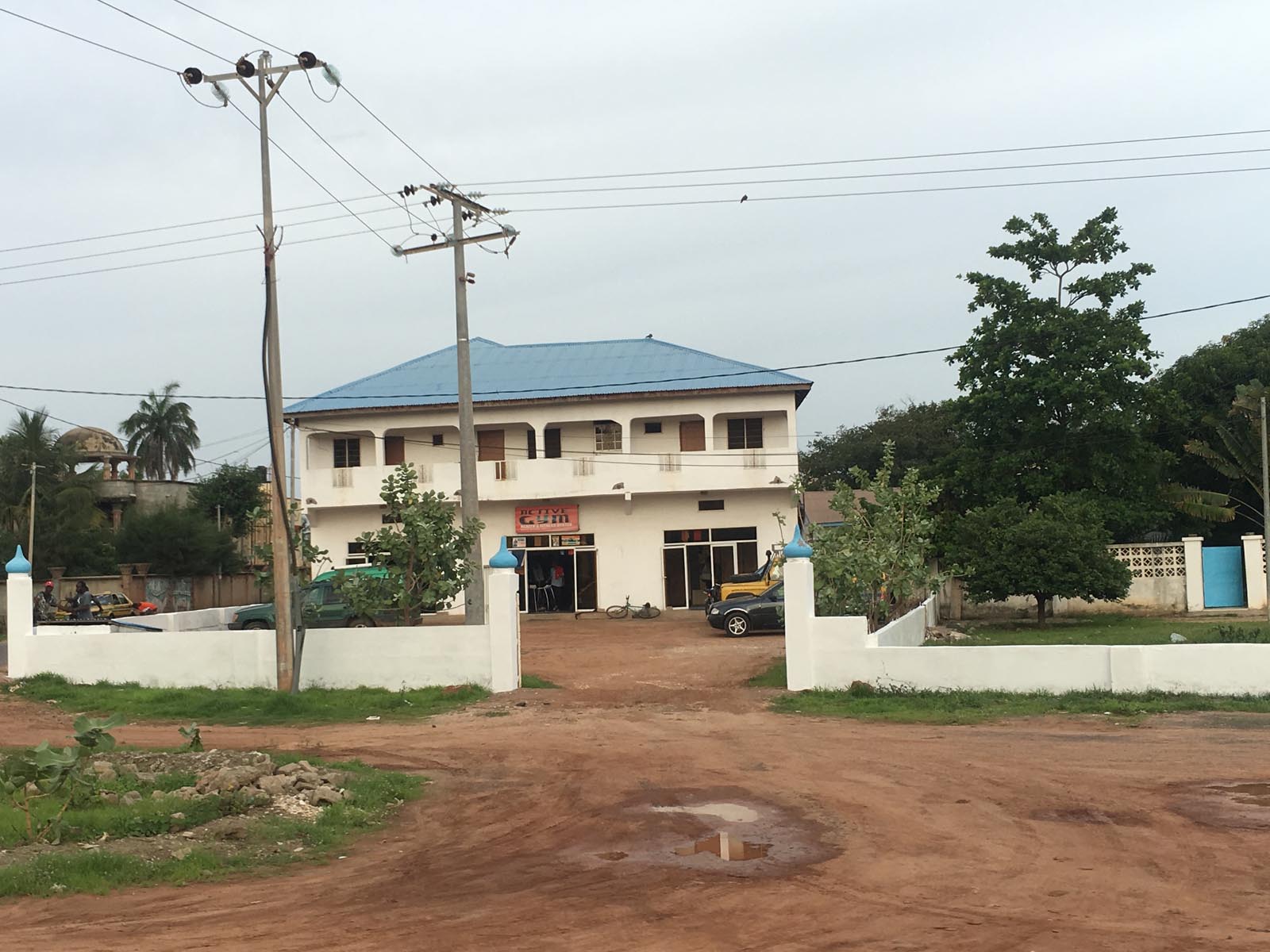
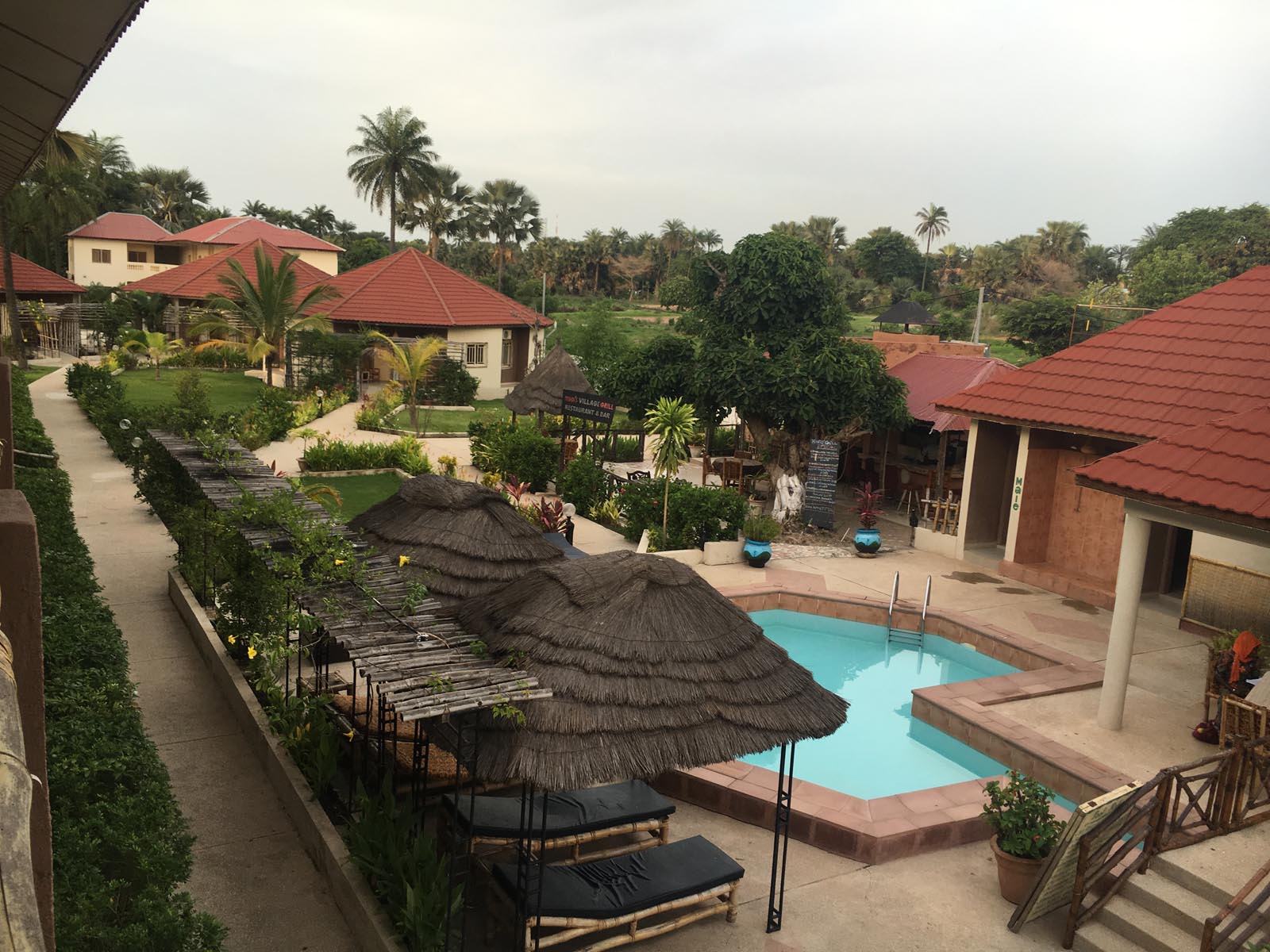

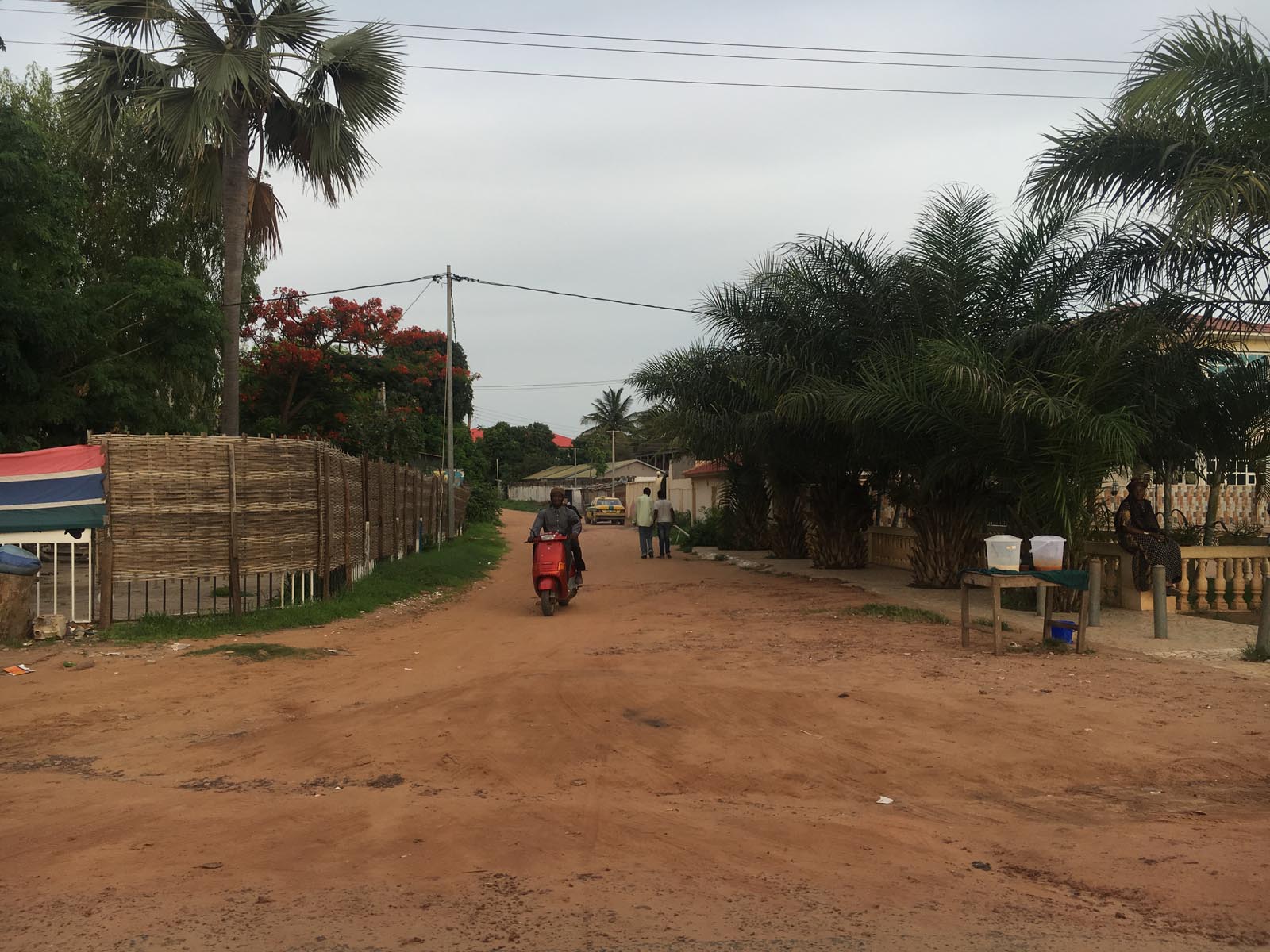
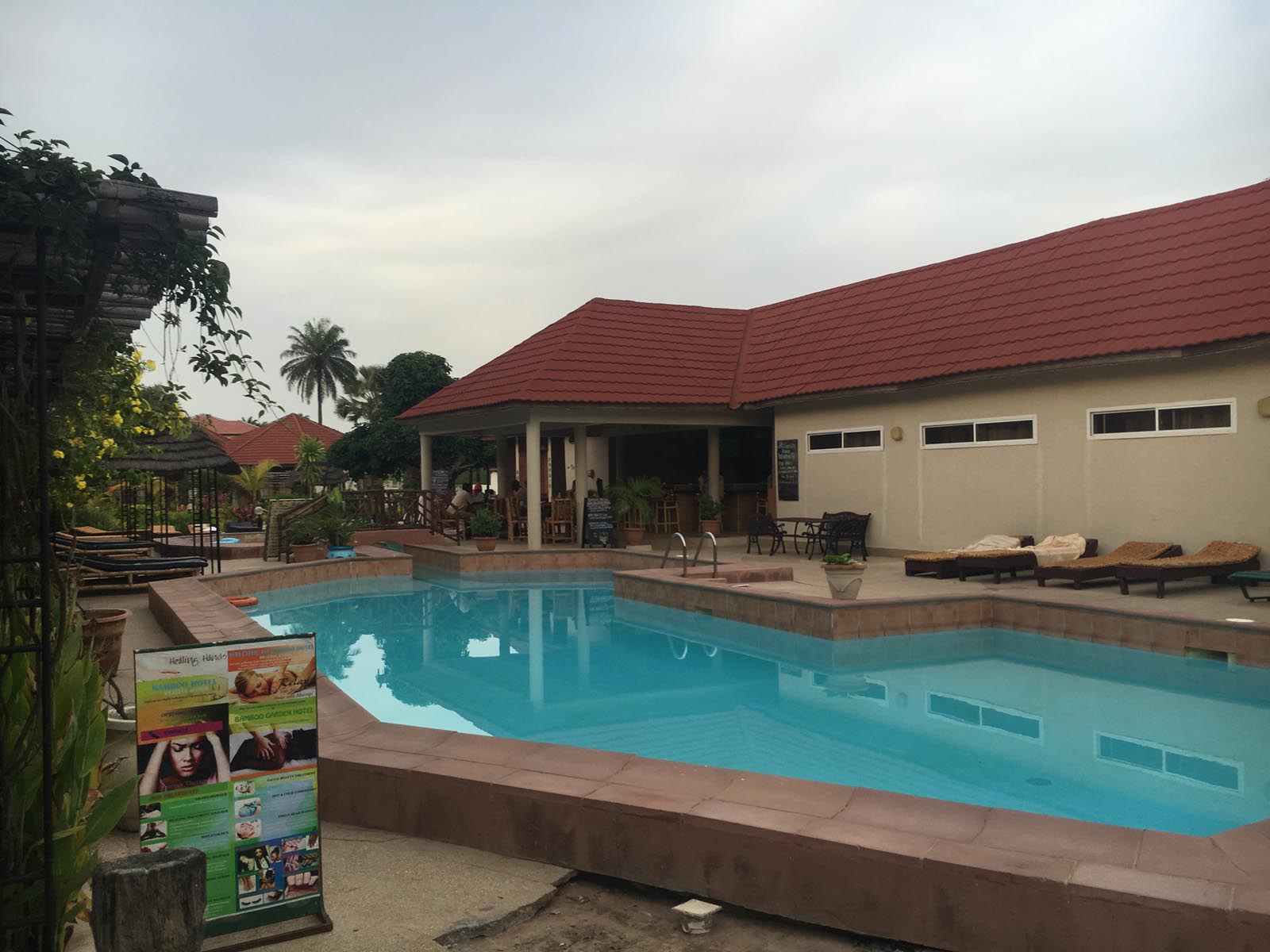
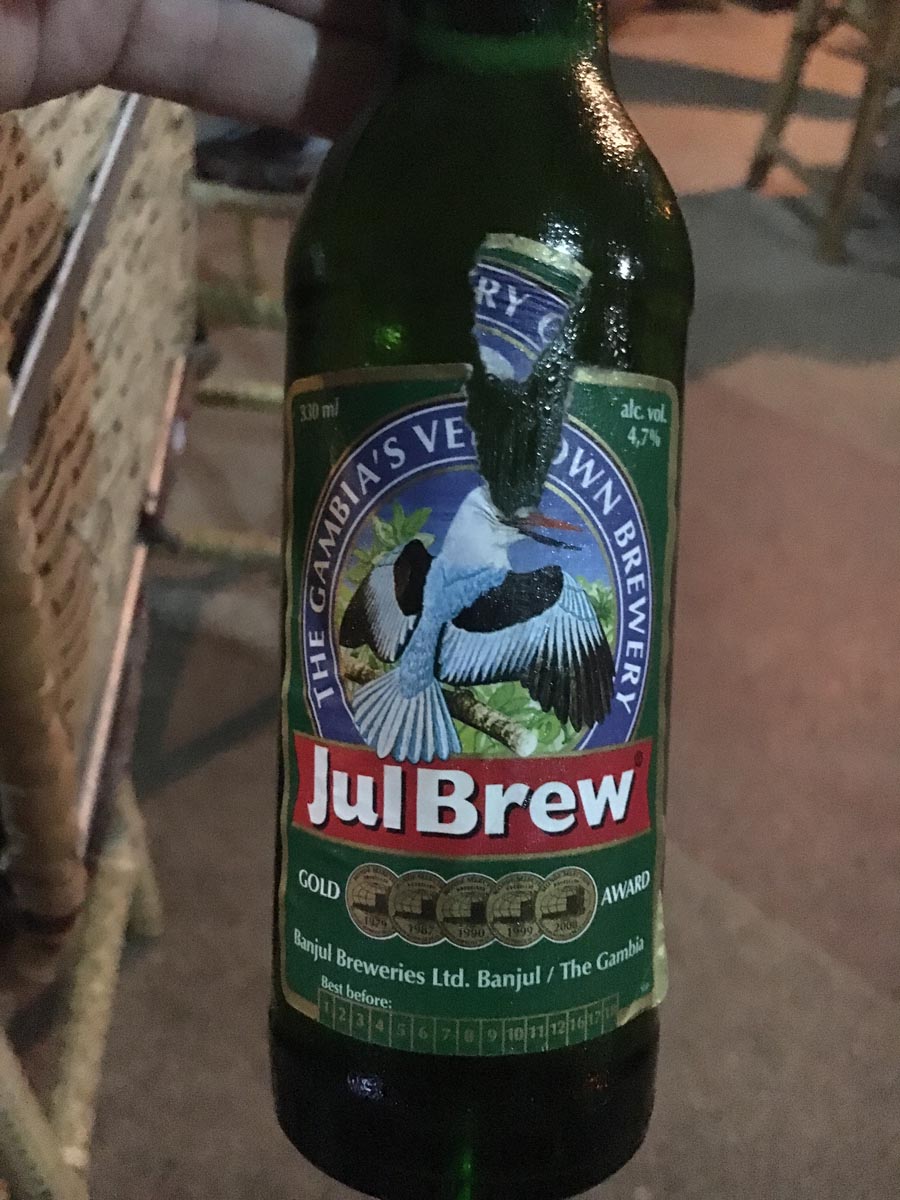
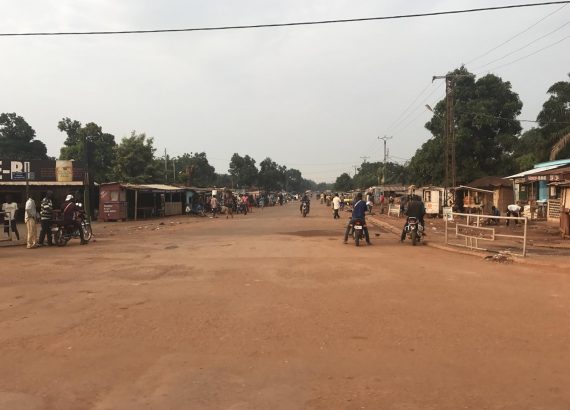
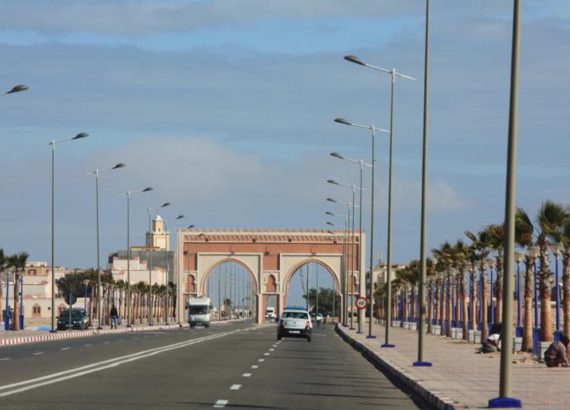
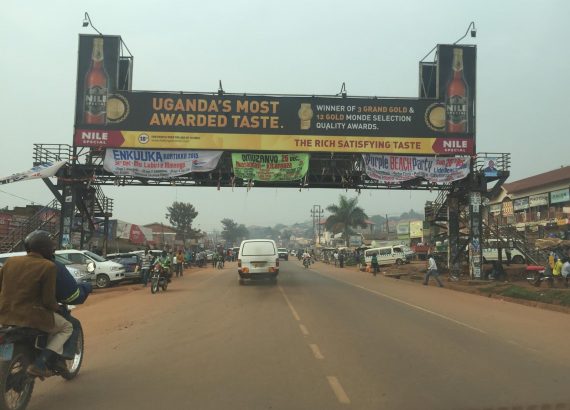
No Comments